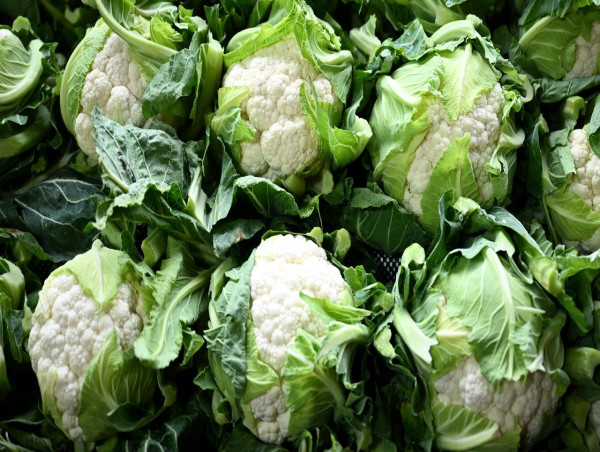Mangoes need to wear sunscreen while hanging on the tree, raspberries prefer a gentle but firm squeeze when they are picked, and cauliflowers like to have a haircut before harvest.
Fruit and vegetables are as particular as the people who eat them, requiring an expert level of innovation and ingenuity from Australian growers.
Regional high school students across the nation are learning about how produce ends up on a plate in a new vocational course called Food Futures, which combines agriculture and hospitality.
"People don't really link food and farming together," said Catherine Velisha, a farmer and director of VEG Education, which runs the course and other farm-to-food school programs.
"They often say fruit and vegetables cost too much, but if you understand what goes into it fresh produce is really reasonable.
"These programs allow farms and farmers to tell their stories and inspire young people."
Food Futures aims to show students the varied career paths in agriculture and food, industries that continue to innovate as the world confronts climate change and the rising cost of living.
"Farmers are the original entrepreneurs. We've bought land, taken a risk, we don't always know what we'll get paid for," Ms Velisha said.
"We are start-ups, and we want the best and the brightest."
Emerald, in Queensland's central highlands region, is known for its beef, citrus, grape and cotton production.
Many students at the rural town's Marist College live on farms, and are using the course to learn more about business, sustainability and affordability by using local and seasonal ingredients and growing their own herbs.
Hospitality teacher Danielle Hales said students have tapped into their entrepreneurial sides, using food to fundraise for the school.
"Food is a winner when it comes to teenagers," Mrs Hales said.
"I work with students a lot on how much things costs, how to make a profit, and what we can reuse.
"I make them really think about how to make money from a business."
Next term the senior classes will cook meals to fund new equipment for the school's food van, which social organisations can borrow to feed the community.
The students' cooking also fills gaps at the tuckshop when it has staff shortages.
Mrs Hales said being community-minded and creating meals everyone enjoys keeps the students inspired as they consider their future careers.
"They're always excited, always planning what they're going to do next."



